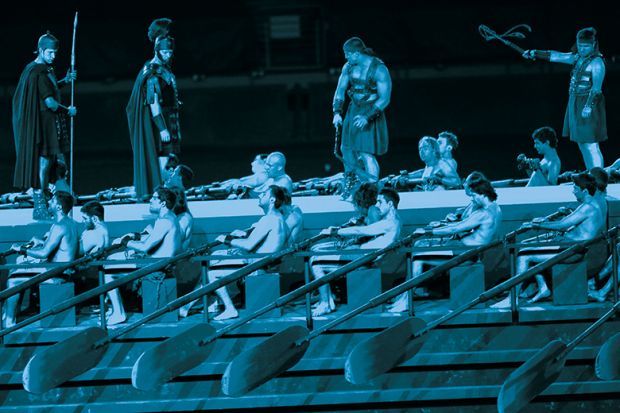WE refer to the 20-page statement by Professor Philip Alston, the UN special rapporteur on extreme poverty and human rights, on August 23. The report’s conclusion that our national poverty line is too low, leading to gross underestimation of poverty, has been widely reported.
Alston also criticises the lack of access to data collected by public funds, which has precluded research that can inform policymaking and help lives.
Alston pointedly notes: “Unlike the great majority of similarly situated countries, Malaysia does not provide full access to key household survey microdata, stifling both governmental and independent research and analysis on poverty and inequality”.
This UN document lends urgency to a problem that has plagued academic research for decades. Malaysian researchers, in academia and beyond, have had to painstakingly request data, and are at the mercy of federal officials.
In Malaysia, researchers face prohibitive obstacles to obtaining public data from both federal and state government agencies.
Even when granted access, often only selected portions of the datasets are provided, not meeting the requirements of the research project.
Malaysia is blessed with an abundance of data. Publicly funded surveys, mainly conducted by the Department of Statistics, provide immense resources that can be analysed for the public good.
Malaysia compiles data on demography and population, manufacturing firms, agriculture and plantations, the labour force, household income, and a host of other fields.
The breadth, national representation, sample size and regularity of these datasets are unmatched by any research project. These datasets hold a wealth of potential information and insight, and are immensely useful for social science research and policy solutions. GERAK commends the government’s commitment to open data, initiated in 2017. We gratefully acknowledge the constructive work and forward-looking attitude of government departments, notably in operationalising the public data hub data.gov.my.
However, there is tremendous room for improvement.
In this regard, GERAK calls on the government to honour its commitment to make public data accessible for research in an open and complete manner.
Researchers require raw data to conduct original, meaningful and impactful research – that is, data that has not been processed, converted or summarised.
The “open data” page of the Department of Statistics currently does not provide access to raw data for research, in line with open data principles. It provides only statistics that are already aggregated and summarised by DoS and other agencies.
The shortfall is particularly acute in some areas of national importance, including household income and expenditure, labour markets, firm-level surveys and environment.
We urge the government to make robust and comprehensive progress in the open data initiatives under way.
In making national survey data accessible, we urge the government to uphold three principles in formulating new laws and regulations:
1. Completeness: Malaysia’s open data policy should encompass datasets across the spectrum of sectors and issues, to be provided in full.
2. Original form: Researchers need raw data in order to generate new information and fresh insights, in order to contribute to public knowledge. Concerns over privacy can be mitigated by anonymising datasets, while retaining important variables such, as location, gender and ethnicity.
3. Accessibility: We commend the progress of placing data online, specifically through data.gov.my, and look forward to further expansion. We urge that large datasets be placed in the public domain free of charge, to catalyse research and broaden participation in policy analysis. Moreover, data collection costs have already been defrayed by public funds, and online platforms incur minimal expenditure.
Members of academia are partners, with government and society, in creating public knowledge. In increasing public knowledge, we are bound by professional ethical standards.
GERAK trusts and hopes that, through application of the three principles above, Malaysian researchers will be able to access public-funded datasets, to contribute to our nation’s development.

